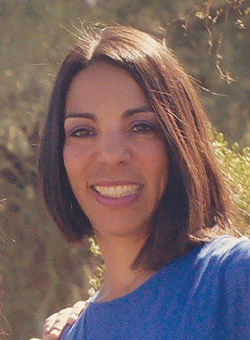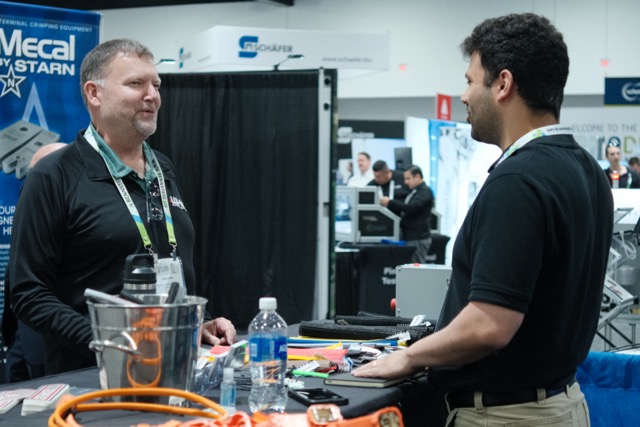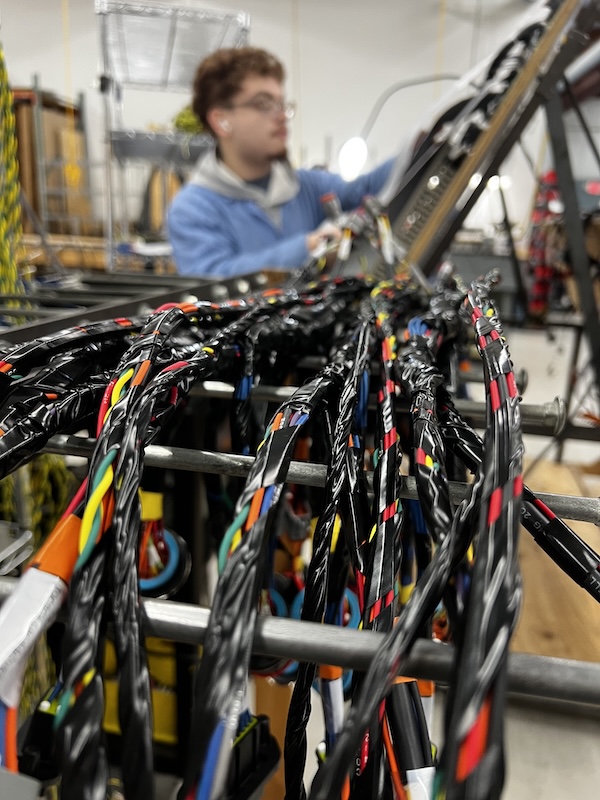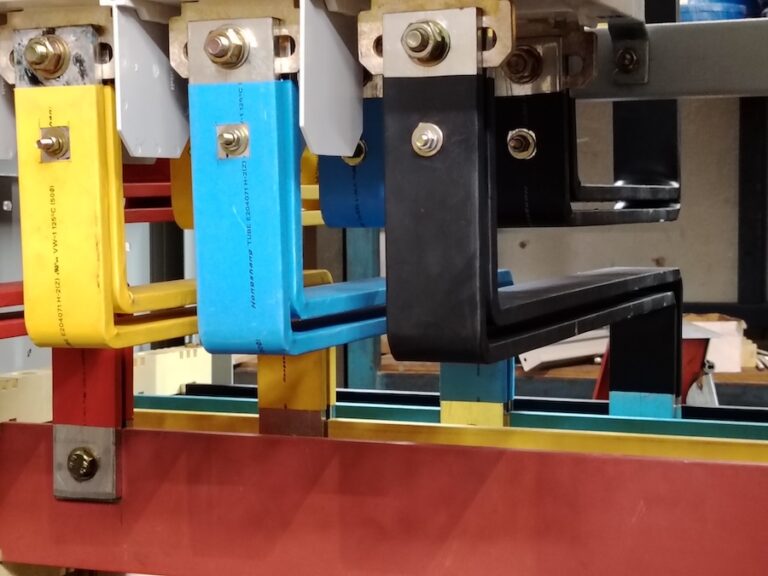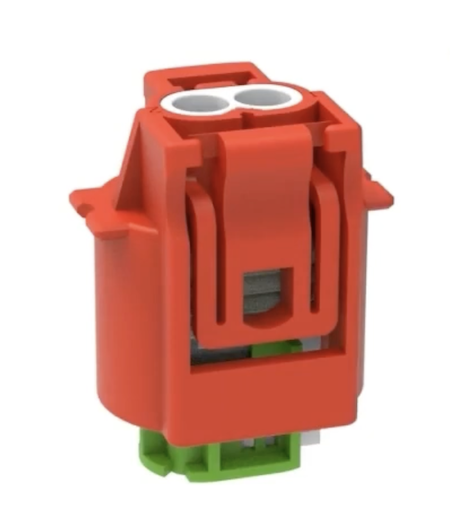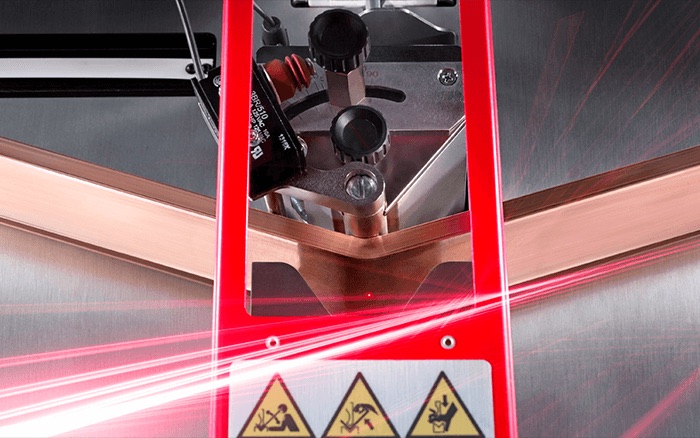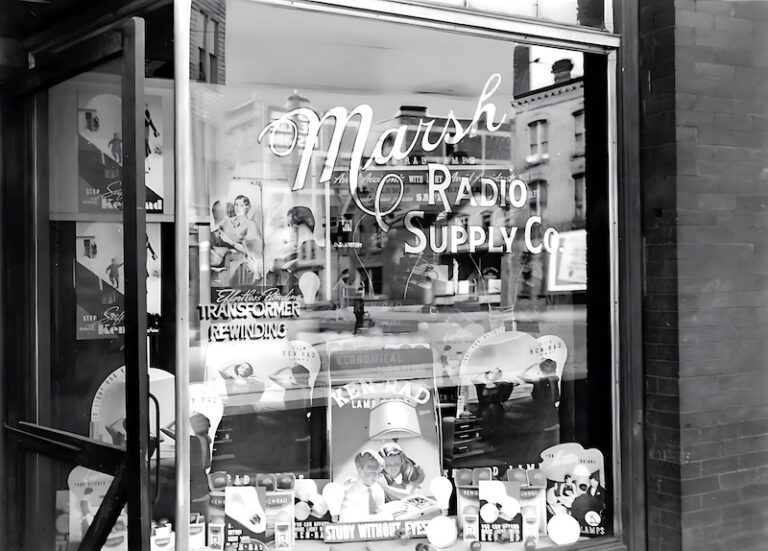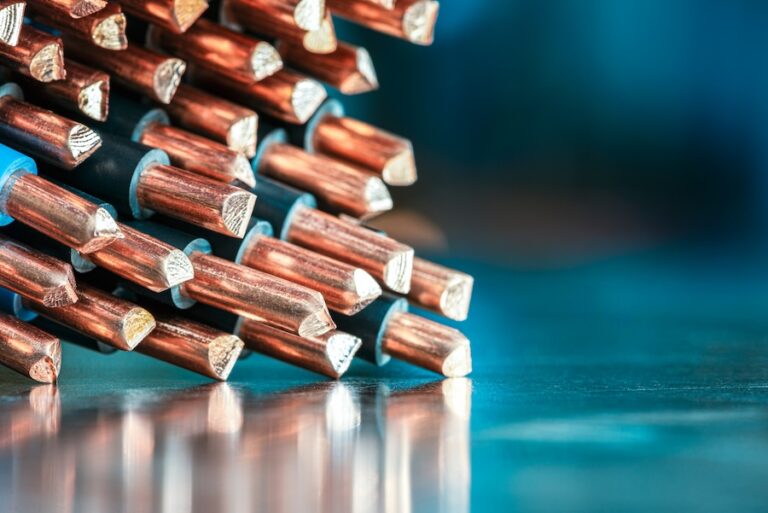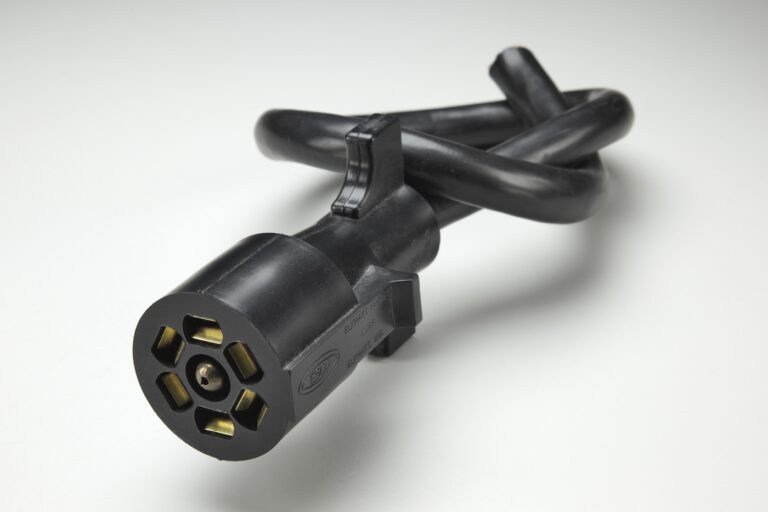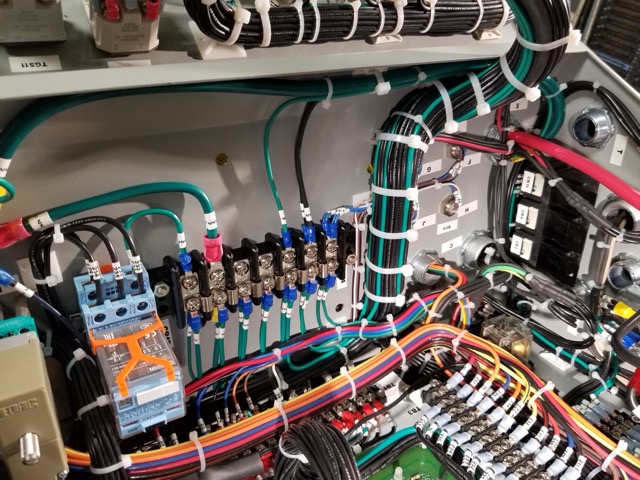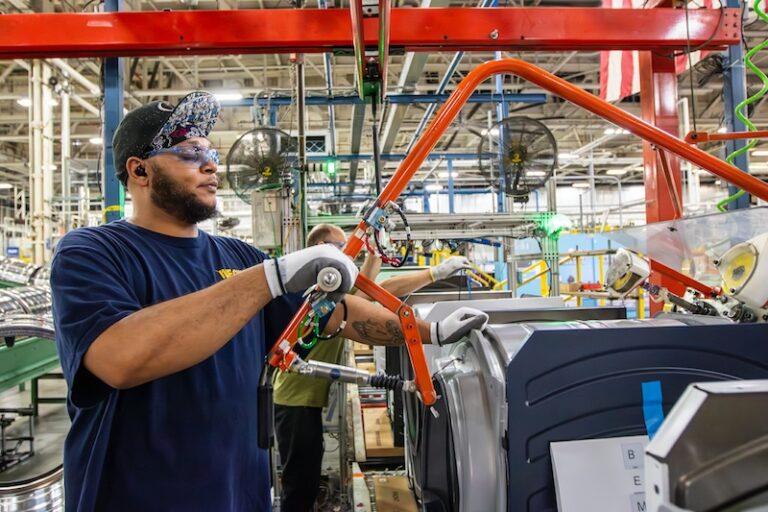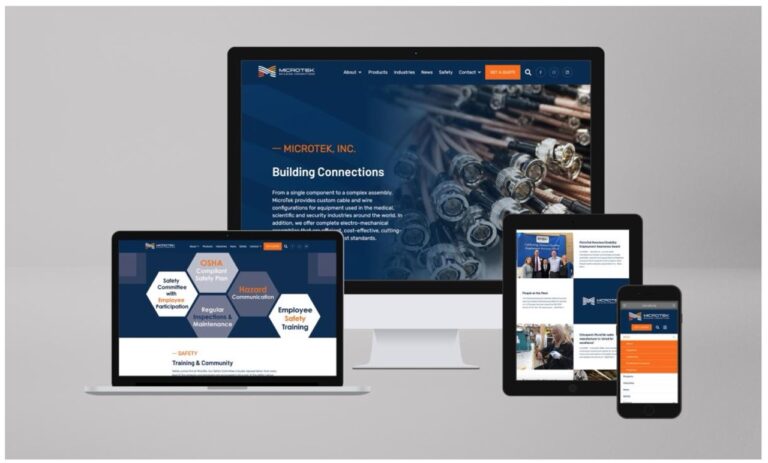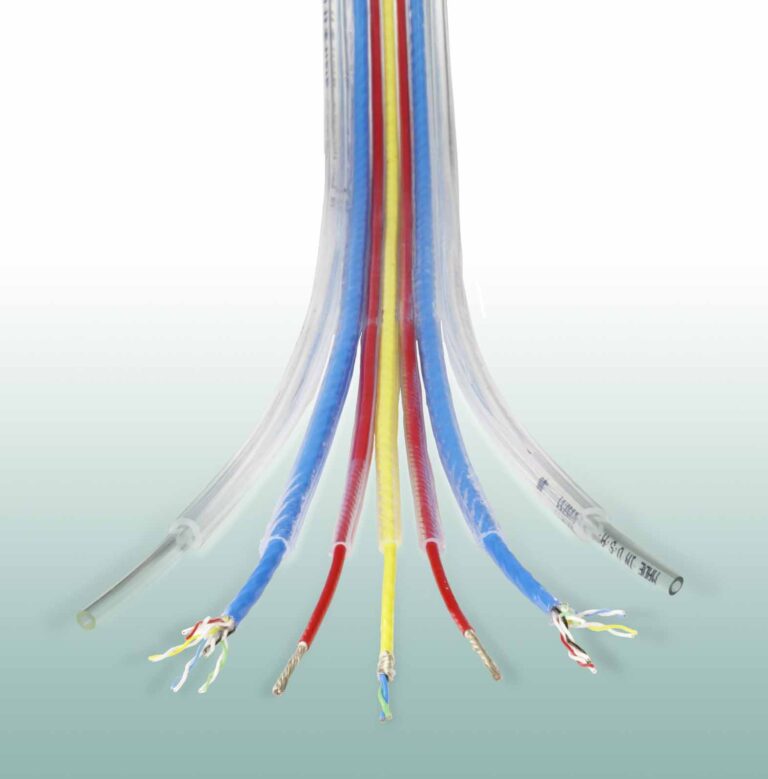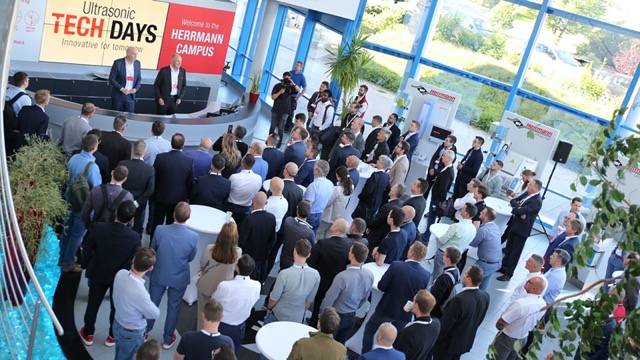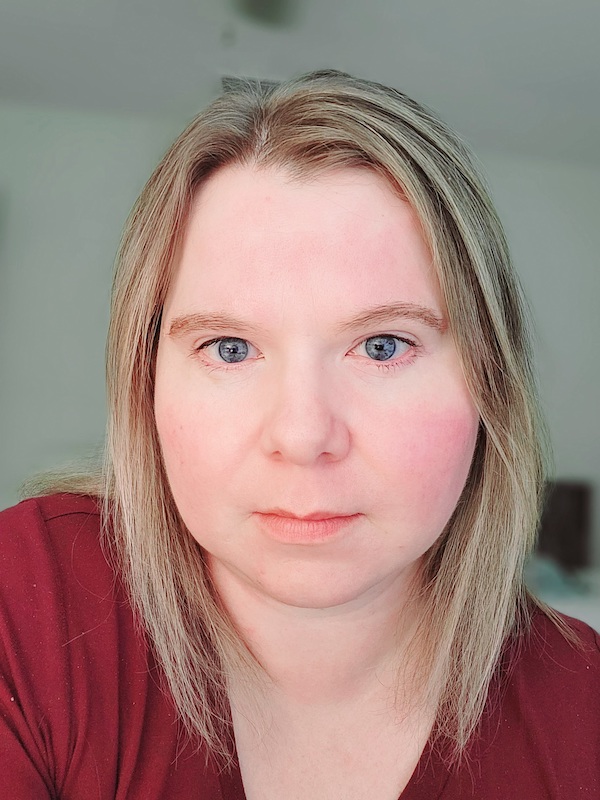This edition features Irina Knight, an aerospace engineer. Irina grew up in the 1990’s near St. Petersburg in the previously known Soviet Union. During this time, the country was in a transitional phase with many people experiencing significant hardship. She and her family grew garden vegetables during the summer that they ate throughout the winter. Irina remembers that several people worked without pay for months. Fortunately, her parents were both employed at a nuclear power plant and they continued to receive their paychecks.
Irina’s school housed grades KG (Kindergarten-equivalent) through 11th grade in the same building. There were 3 potential educational concentrations—1) Math/Science 2) Language Arts, and 3) General/Basic Studies. At a young age, Irina’s parents hired a private tutor for her to ensure that she learned English. Although they were both engineers, her parents suggested that she become a teacher because her English was so strong. Her father previously attended St. Petersburg Electrotechnical University and attained an Electrical Engineering degree while her mother attained an equivalent Master’s degree in Systems Engineering, though she never ended up working in coding. Irina’s father still works part-time at a nuclear power station in Russia and is responsible for automation of reactors, inclusive of remodeling and updating older equipment. Her engineering roots date even further back as Irina’s grandfather was also an engineer, a geological engineer working in the mines of Siberia. Following her parents’ guidance, Irina attended Moscow Pedagogical University and was teaching Russian to foreign students. After one year, she decided she did not want to continue being a teacher. As her brother was studying Physics Engineering, she spent time with him and his friends. Although she was first concerned that she would not be able to enter an engineering program because her grades were not perfect, she was able to register at St. Petersburg Electrotechnical University. She enrolled in the Software Engineering program, and recalls the curriculum being tough. While many females do not work in Russia, Irina remembers that about 30% of the attendees in her class were female. Her college program consisted of 6 years of study including coding, English, physics, math, and mechanical drawing as well as economics and other electives.
During college, Irina also worked part-time as a drafter at a small company that refurbished military ships. Around the end of her collegiate studies, she saw a school colleague post on social media that he was hired by Boeing and moved to Los Angeles, CA, USA. As Irina also wanted to move to the USA, she reached out to the colleague, and he suggested she apply at the Boeing Design Center in Moscow. Her contact helped her to attain an interview just 2 weeks prior to her college graduation. She was hired as a wiring harness design engineer. She learned the software and standards for wiring harnesses at Boeing. Because she had strong English skills, Boeing started to send her on business trips to the USA and she was also one of the main communicators between the Seattle manufacturing plant and the Moscow Design Center. After travelling back and forth between countries for 2 years, she met her future husband. They married and moved to Seattle, The United States. She stayed at Boeing for 16 total years working among Washington, Texas, then Florida. She worked with the Starliner Space Capsule and on both military and commercial airline projects.
About 8 months ago, she decided to leave Boeing for non-disclosed reasons to join another company. Irina is now based in Florida. She works with both males and females in her group and acts at the project leader of the team. With her free time, she has taken the opportunity to learn Spanish.
Irina noted that there is a significant difference between females in engineering during the start of her career to current day 15 years later. During the start of her career, Irina discussed raises with her Moscow boss and her boss told her that he preferred to provide larger raises to the male engineers because they had families and girlfriends to support. Now, she is observing that women are excited about engineering and increasingly being promoted to leadership positions. She believes that females have many opportunities in engineering and should certainly consider pursuing engineering as a collegiate course of study.
Thank you, Irina, for sharing your experiences and providing your insight on the positive trend for female advancement in engineering.
